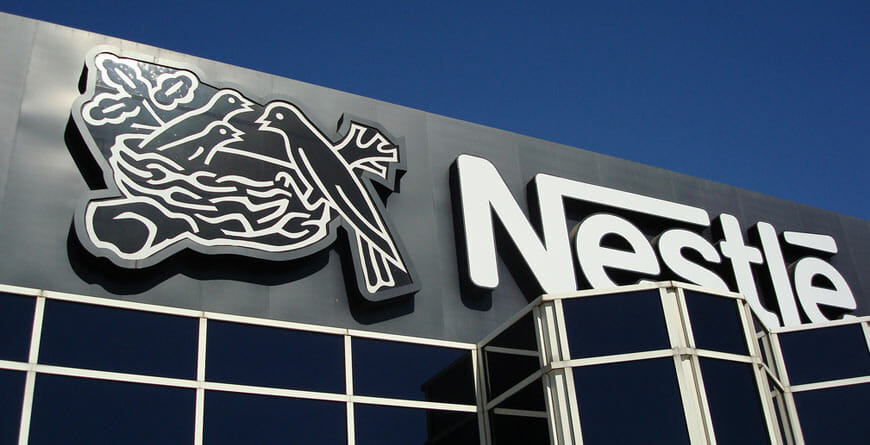The blockchain technology has proved time and time again that it has the potential of providing solutions to a wide array of fields, industries, and situations; even those that we do not even imagine. Experts have said in recent times that 2019 will be the year in which its application is seen as an ordinary development rather than news-worthy stories.
A giant company in the food industry was the latest to take one step towards that prediction. Nestle, the Swiss food retail company states that IBM Food Trust, a blockchain based project that has some high profile members, such as Unilever and Walmart, is preparing to host new suppliers and retailers in 2019.
Successfully and Transparently Managing Global Supply Chains
The person in charge of the digital transformation management of the global supply chain at Nestle, Benjamin Dubois, discussed the news during an encounter with a Swiss-based daily paper, named 24 heures, on Monday, January 28th.
The IBM Food Trust blockchain exists as a project since 2016, and Walmart China spearheaded the initial product trials back then, precisely in December. According to the report, Nestle, (known around the world for offering goods and items such as beverages, cereals, chocolate, confectionery and baked goods, foodservice products, frozen food, frozen dessert, healthcare nutrition, infant foods, performance nutrition, petcare, refrigerated products, seasonings, shelf stable, and yogurt, among others) has been testing the feature since August 2017.
Dubois observed that the initiative was created as a result of “consumer demand for more transparency and trust” regarding Nestle products and offerings, which are traits that the blockchain technology can comfortably provide. He spots the approach as an innovative, emerging technology that will help Nestle accomplish its goals.
Ensuring Traceability and Minimizing Risk
According to the project’s overall objective, each of the involved companies must be able to strengthen their ability to spot issues related to food recalls; for example, being able to trace outbreaks and ultimately reduce risk for the customer. The blockchain can swiftly accelerate traceability of all goods as well as every step taken in the supply chain management. The retailers hold the ability to pool data with other associated entities.
The aforementioned information can include processing, transportation data, crops, product labeling, and others. With the system, it can all be tracked and tested in a matter of seconds, with impressive results. The more traditional channels can often take days. The Swiss publication observes that the IBM Food Trust blockchain tool can help retailers promote a trustworthy image to all audiences, and handle data in a decentralized manner.
With just a QR code system, customers have all the information at their hands, but enterprises have the ability to choose how far they want to go with that approach. Clients may know, according to Dubois, “not only the origin and composition of the product, but which farmer participated in the harvest, when it was made, the date on which the food was processed, the identity of the factory that took care of it, even how many employees the agricultural enterprise has and which ethical certificates the producers hold.”
By Andres Chavez











